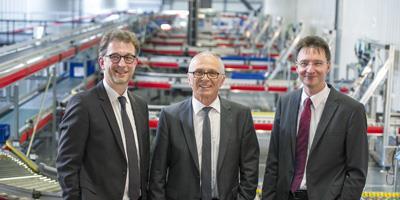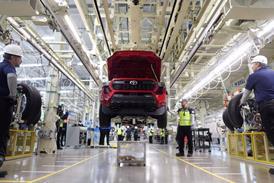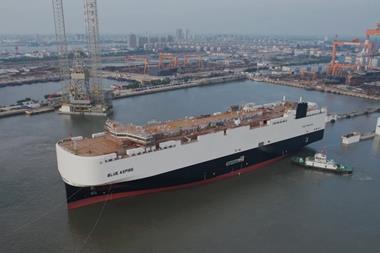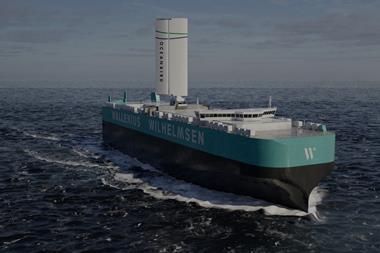Preventing unnecessary complexity can be just as important as managing it in Audi’s supply chain

Meeting the increasing demands of globalisation and product complexity are central to Audi’s logistics. However, production and market conditions are not always as predictable as academic theories. In Russia, Audi’s sales were down about 7.5% year on year for the first 11 months of 2014 to 33,565 units, with even sharper falls in recent months. Such volatility has required changes to material flow to the plant in Kaluga.
Meanwhile, the company must also adjust to other changes in supply, including supplier capacity or bottlenecks – such as the general shortage of door and bumper sensors – or logistics disruptions following weather or strikes, for example. Managing change is thus fundamental to the role of logistics, whether in responding to market fluctuations or redesigning equipment.
It is, in many ways, what allows Audi vehicles to be built with such complexity.
However, the flipside is the department’s sobering insight before cars go into production. Without the right consideration for logistics, Audi could end up with superfluous part numbers and supply chains – Überflüssigkeit durch Technik. Redundancy through innovation, rather than progress.
“We are always in a kind of dilemma,” observes Dr Michael Hauf. “Logistics makes it possible for plants to manage the product complexity. On the other hand, we also have to prevent part numbers increasing unnecessarily. So, in the morning we try to manage the complexity and in the afternoon we try to restrain it.”
Audi special report: Vorsprung durch Logistik
- 1
- 2
- 3
- 4
- 5
- 6
- 7
- 8
- 9
 Currently reading
Currently readingAudi special reports conclusion: Experts at managing change

































